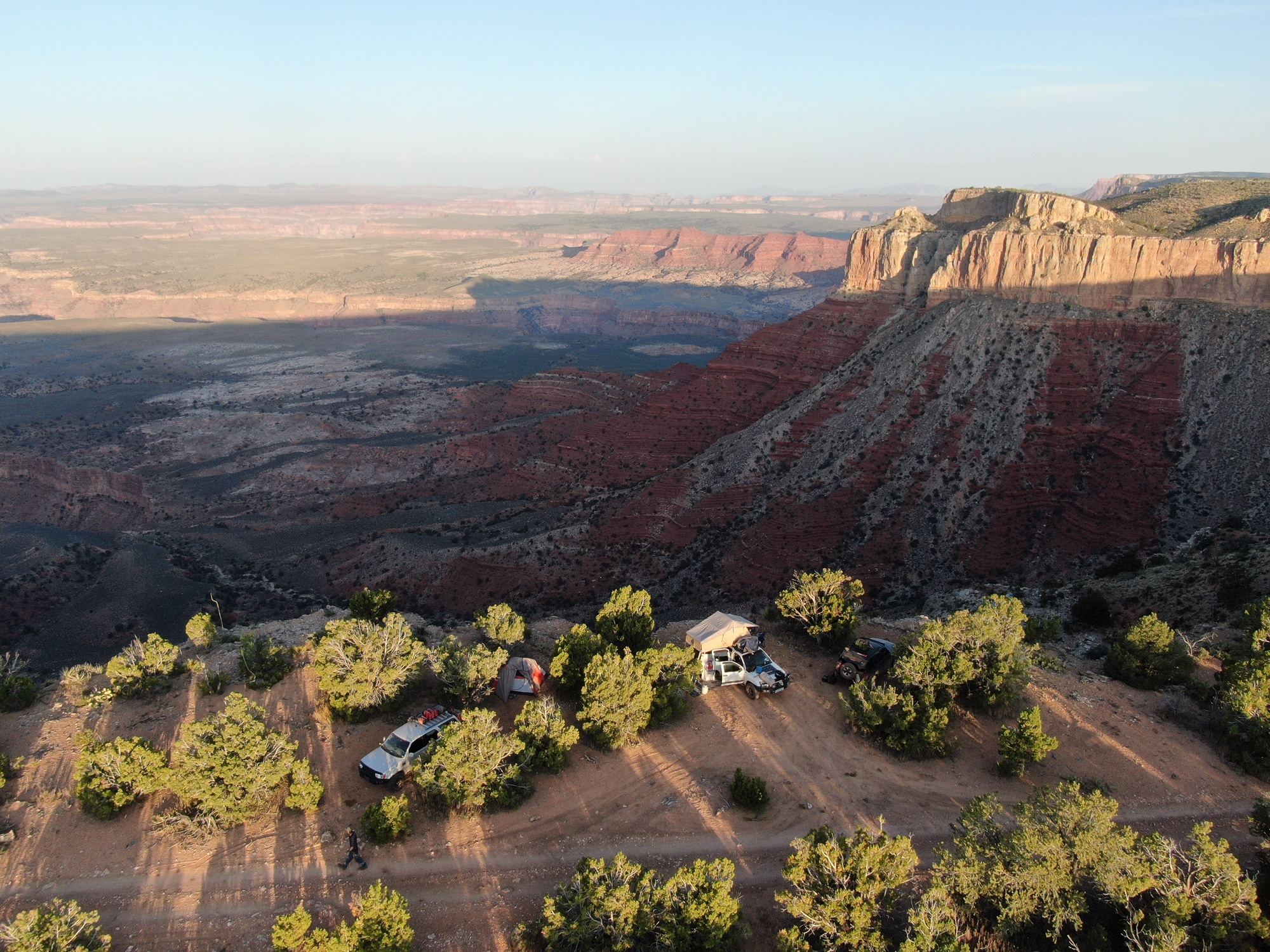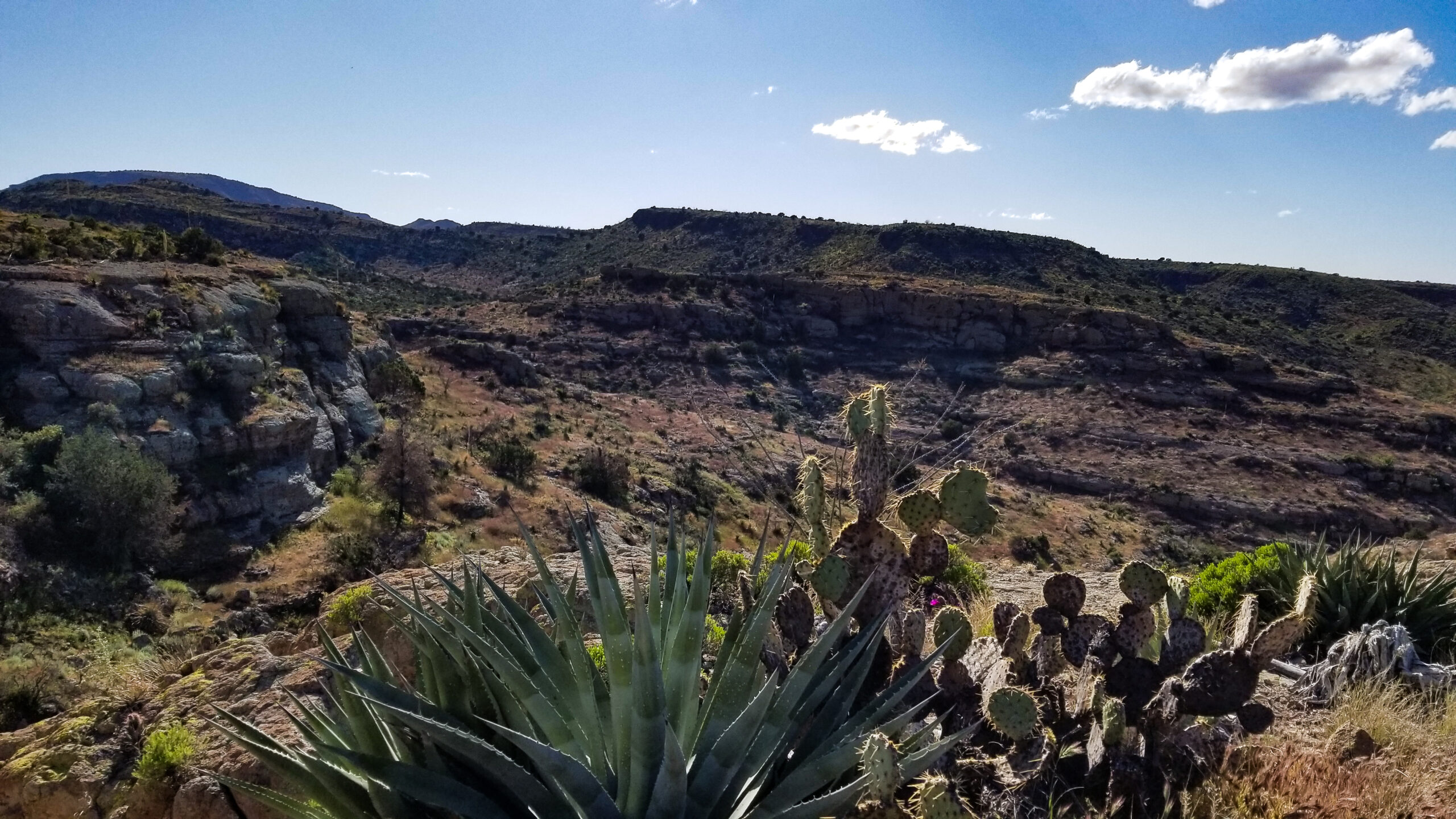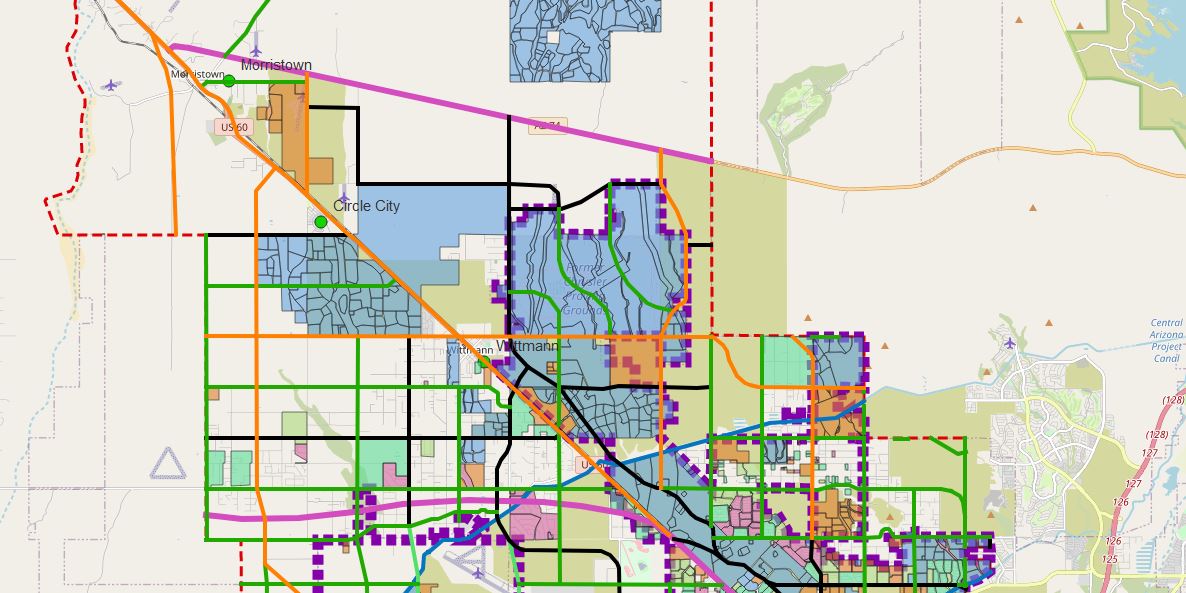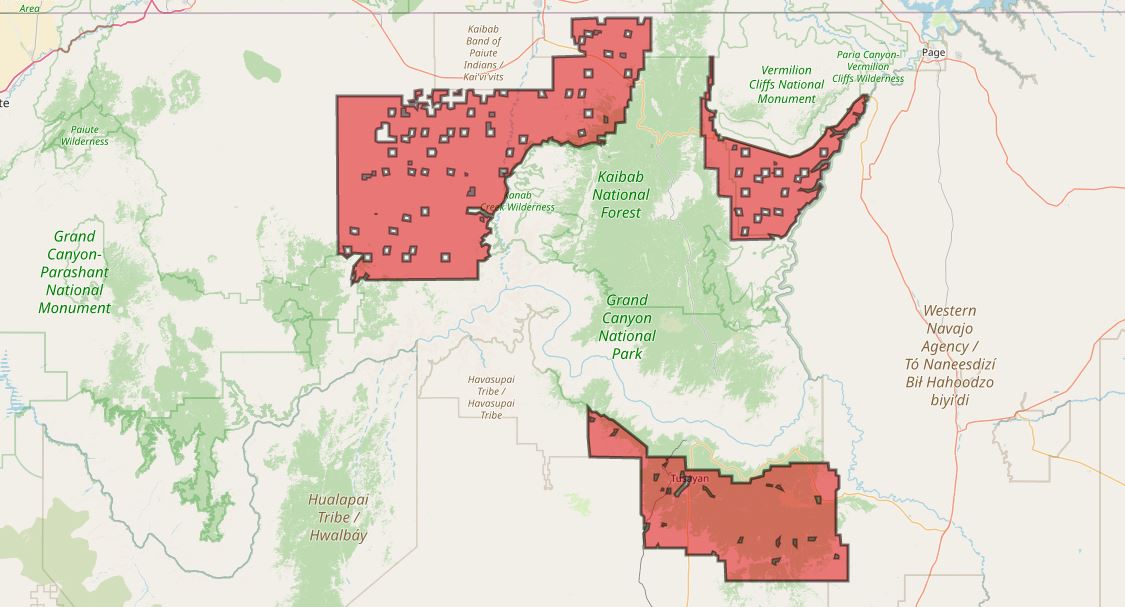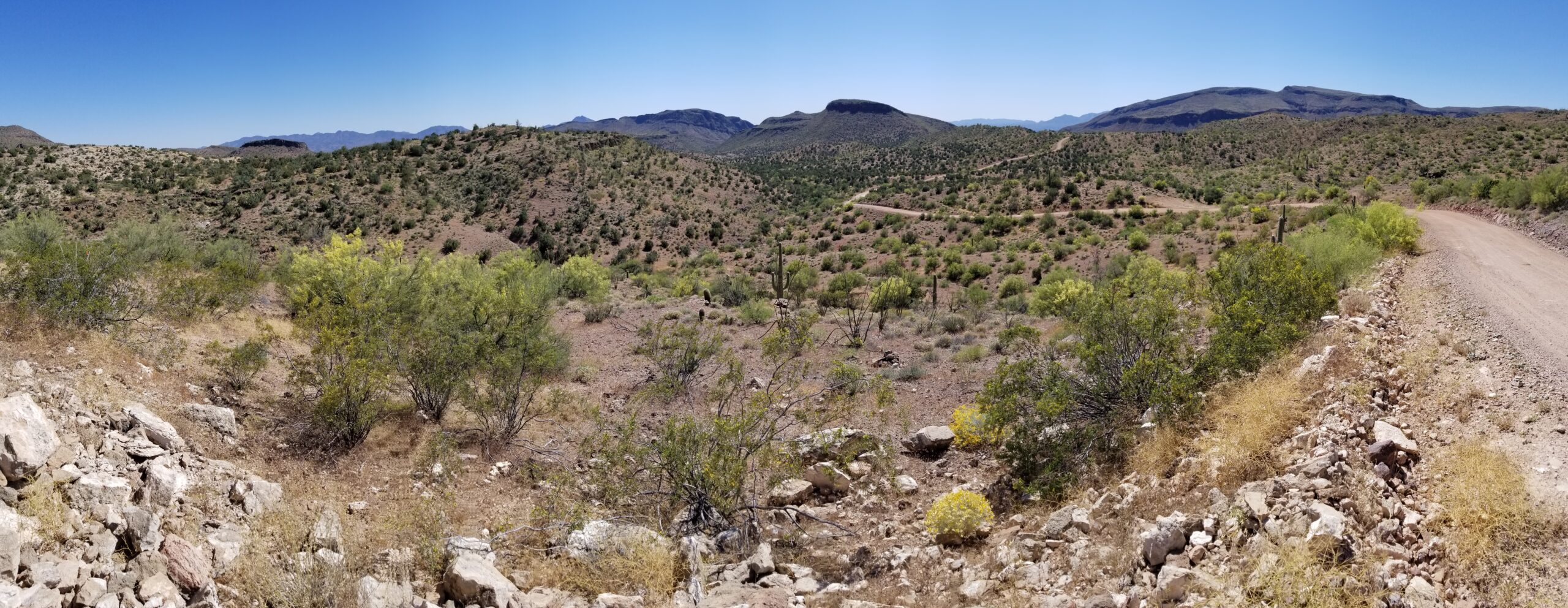Your cart is currently empty!

DC Court ruling threatens the use of roads on public lands
Since the beginning of time, roads have been considered public spaces that are not only used for transportation but also for the right to assemble. Because of the inherent nature of a right-of-way easement, roads are held in trust by our local government which is tasked with securing our right to use, exchange ideas, and communicate in the public forum. They are our place to parade, gather, and peacefully exercise our first amendment rights.
Federal Court strips first amendment protections on roads.
A new landmark ruling from the DC district court of appeals overturned a ruling made by a lower court in 2021 that deemed the National Park Service commercial filming fee as unconstitutional. Now, independent journalists, content creators, social media influencers, and regular folks who use platforms such as YouTube that compensate creators for ad space, could face misdemeanor charges for using content they created on federal lands.
The National Park Service is currently working to develop guidelines on “commercial filming” that will regulate video photography on public lands. According to the National Park Service, the ruling did not change how still photography of National Park Service land is governed. As it is, any still photography that generates a profit requires a “special use permit.” The cost of a permit varies depending on the location and activities and could cost up to $250 a day!
The ruling doesn’t only apply to National Park Service lands. It applies to ALL “government controlled property” including the Bureau of Land Management, US Forest Service, Bureau of Reclamation, and others.
In summary, Senior Circuit Judge Douglas Ginsburg wrote, “We hold that regulation of filmmaking on government controlled property is subject only to a “reasonableness” standard, even when the filmmaking is conducted in a public forum. Because the permit-and-fee requirements are reasonable, we reverse the order of the district court.”
You might be surprised to know that public roads are mentioned in the Court’s opinion when referencing the Public Forum Doctrine. Although a travesty to free speech, the Public Forum Doctrine describes categories of government-owned property, for the purpose of access, where the government, according to the courts, can place reasonable time, place, and manner restrictions on speech.
The three categories include:
- Traditional, or quintessential, public forums; where the government cannot regulate all speech.
- limited, or designated, public forums; where the government is bound by the customs of a traditional public forum but is not required to retain an open charter.
- and nonpublic forums; where the government may reasonably impose time, place, and manner restrictions and may reserve the forum for its intended purpose.
Under the Public Forum Doctrine, as described by many Supreme Court rulings, public roads and streets are considered Traditional Public Forums that provide an easement for free speech communication. When determining if free speech protections apply to a given property the court questions whether “a traditional right of access . . . comparable to that recognized for public streets and parks” applies. See Members of City Council of City of Los Angeles v. Taxpayers for Vincent, 466 U.S. 789, 814 (1984), and The Concept of the Public Forum: Cox v. Louisiana, 1965 Sup. Ct. Rev. 1, 13 (1965). In other words, roads are the one place where people are guaranteed the right to free speech.
“Wherever the title of streets and parks may rest, they have immemorially been held in trust for the use of the public and, time out of mind, have been used for purposes of assembly, communicating thoughts between citizens, and discussing public questions. Such use of the streets and public places has, from ancient times, been a part of the privileges, immunities, rights, and liberties of citizens.”
Hague V. CIO 307 U.S. 496, 515 (1939)
“As regulation of the use of the streets for parades and processions is a traditional exercise of control by local government, the question in a particular case is whether that control is exerted so as not to deny or unwarrantedly abridge the right of assembly and the opportunities for the communication of thought and the discussion of public questions immemorially associated with resort to public places.”
312 U.S. 569, 574 (1941)
Similarly, in Schneider v. State of New Jersey, Town of Irvington, the Court had said that “the streets are natural and proper places for the dissemination of information and opinion.” 308 U.S. 147, 163 (1939)
In this case, the lower court upheld this tradition and asserted the Public Forum Doctrine applies to filmmaking on public lands, and therefore the National Park Service fee is unconstitutional.
The new court ruling obliterates this doctrine
In this new opinion, the appeals court makes a distinction between communicative and noncommunicative speech and claims that filmmaking is a form of noncommunicative speech that is gathered on-site and disseminated at another time and place. The court asserts that the traditional public forum doctrine does not apply to noncommunicative speech because the speech is not disseminated in a public place. The court equates filming on National Park Service lands to a nonpublic forum because there is no traditional right to access National Park Service Lands.
“By stripping public forum protection from filming, my colleagues — for the very first time — disaggregate speech creation and dissemination, thus degrading First Amendment protection for filming, photography, and other activities essential to free expression in today’s world… My colleagues reimagine the public forum to protect the stumping politician but not the silent photographer, to shield the shouting protester but not the note-taking reporter,” Judge David Tatel wrote in a dissenting opinion.
“These distinctions find no basis in First Amendment jurisprudence. It makes no more sense to exclude certain types of speech from public forums than it does to police which squirrels may enter a conservation easement… By stripping filming of the protections afforded to expression in public forums, the court puts us in direct conflict with other circuits and leaves important expressive activities unprotected in places where the First Amendment’s guarantee of free speech should be at its apex.”
As a result of this ruling, the federal government has further gutted free speech protections and the use of roads on public lands and public places. It should be clear to everyone, that federal land managers are after our fundamental human right to use roads for communication, and the right to disseminate information.
Read the opinion here
Read the entire ruling below.
We Need Your Help To Keep Our Backroads Open!
Please become a member today!
